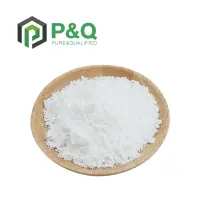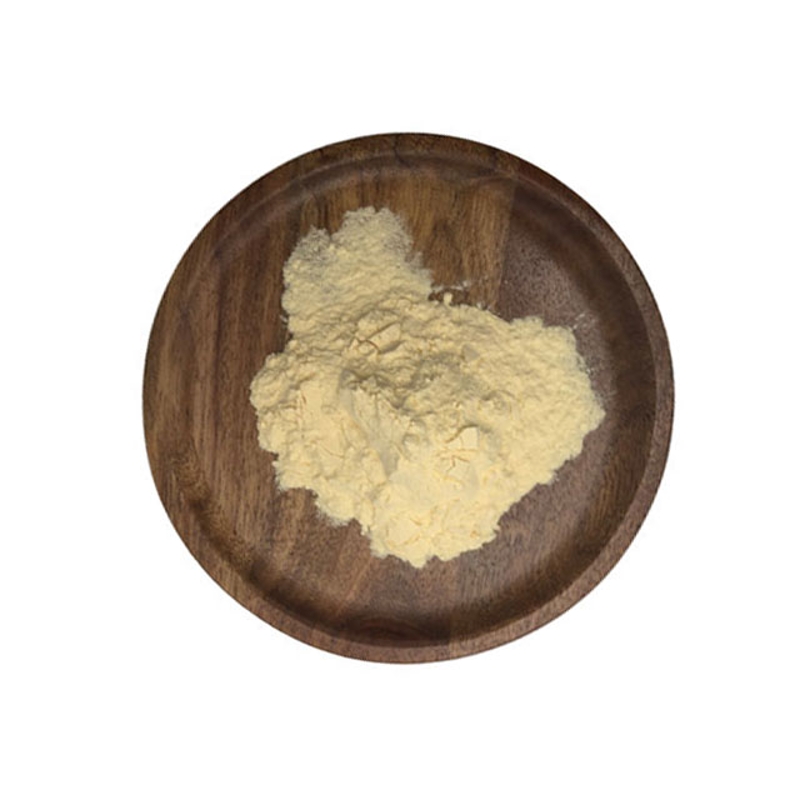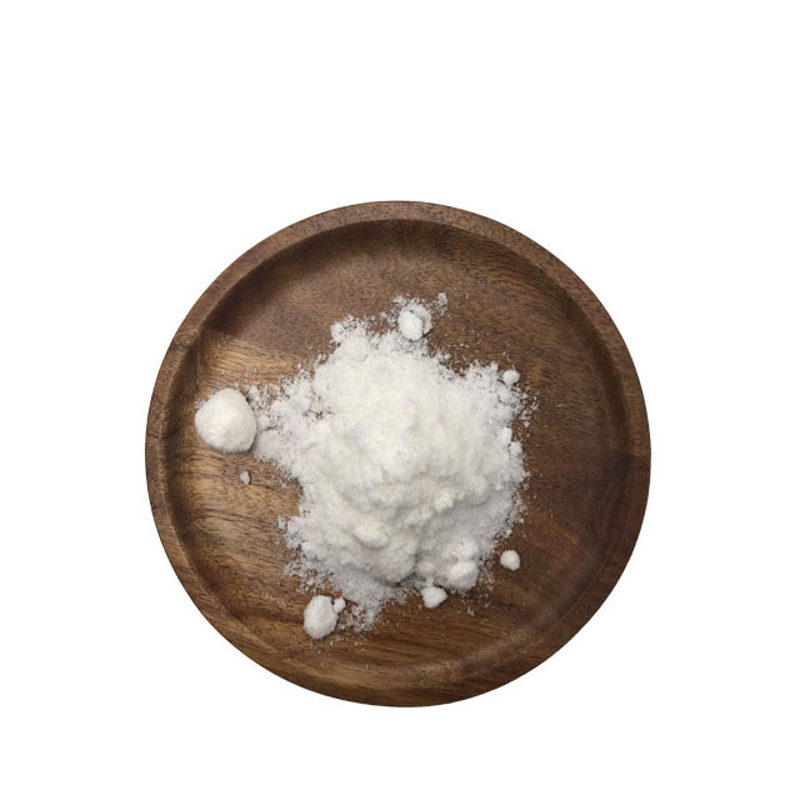J Clin invest: revealing the key role of brain proteins related to obesity
-
Last Update: 2019-05-22
-
Source: Internet
-
Author: User
Search more information of high quality chemicals, good prices and reliable suppliers, visit
www.echemi.com
May 22, 2019 / BIOON / - no matter how much exercise you do or how balanced your diet is, the relationship between weight control and brain is much closer than you think In a study published in Journal of clinical investigation, researchers from the hospital research center of Montreal University (crchum) found for the first time that acyl coenzyme A-binding protein A (ACBP) had a direct impact on neurons in mice, enabling rodents and humans to maintain a healthy weight Photo source: in April 2015, Thierry alquier, a researcher at crchum and the first author of the study, and his team have found that the protein enables astrocytes (cells supporting neuron function) to transmit changes in fatty acids and lipids in the blood to neurons Because of this important information, the brain can adjust food intake and energy consumption, and ultimately control the owner's weight "By working with colleagues at the University of Bordeaux's nutrineuro laboratory, we now show that the neurons that reduce food intake - the - propopia melanocortin (POMC) neurons, have close communication between astrocytes that produce the protein ACBP in the hypothalamic arcuate nucleus, a specific region of the brain "Said Thierry alquier, an associate professor at the University of Montreal This area of the hypothalamus is essential for controlling food intake and metabolism When activated, this area of the hypothalamus contains two groups of neurons with opposite functions: the first group leads to an increase in food intake; the second group of POMC neurons shared by animals and humans promotes a decrease in food intake and an increase in energy consumption "Mutations account for between 5% and 10% of obesity cases," said alquier "A large proportion of these cases are related to the destruction of this neural pathway, commonly known as the adrenocortical pathway We observed that the deletion of ACBP gene in arcuate astrocytes promoted obesity We have observed in the laboratory that in transgenic obese mice, daily injection of ACBP can reduce their food intake by 5% within five days, and reduce their weight, which depends on the activation of POMC neurons "However, the researchers say caution should be exercised when applying this finding to humans This study is still in the stage of basic research, which is carried out in the mouse laboratory The World Health Organization recognizes that obesity is a global public health problem, and that obesity is a major risk factor for some chronic diseases, such as type 2 diabetes, cardiovascular disease and some cancers, as well as musculoskeletal diseases and premature death Reference: Khalil bouyakdan et al, the gliotransmitter ACBP controls feeding and energy homeostasis via the melanocortin system, Journal of clinical investigation (2019) Doi: 10.1172/jci123454
This article is an English version of an article which is originally in the Chinese language on echemi.com and is provided for information purposes only.
This website makes no representation or warranty of any kind, either expressed or implied, as to the accuracy, completeness ownership or reliability of
the article or any translations thereof. If you have any concerns or complaints relating to the article, please send an email, providing a detailed
description of the concern or complaint, to
service@echemi.com. A staff member will contact you within 5 working days. Once verified, infringing content
will be removed immediately.







